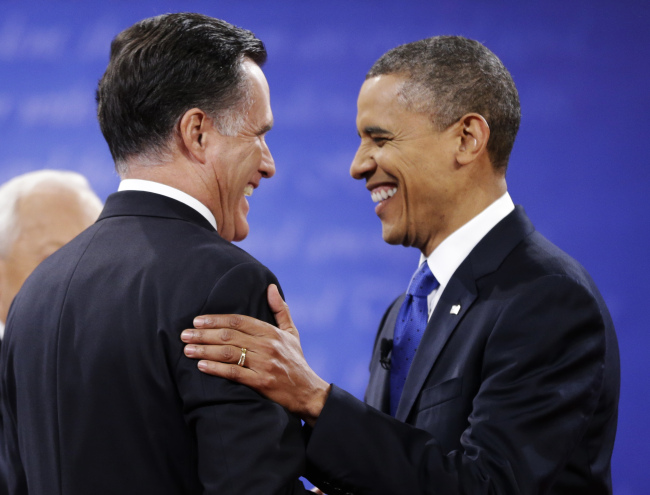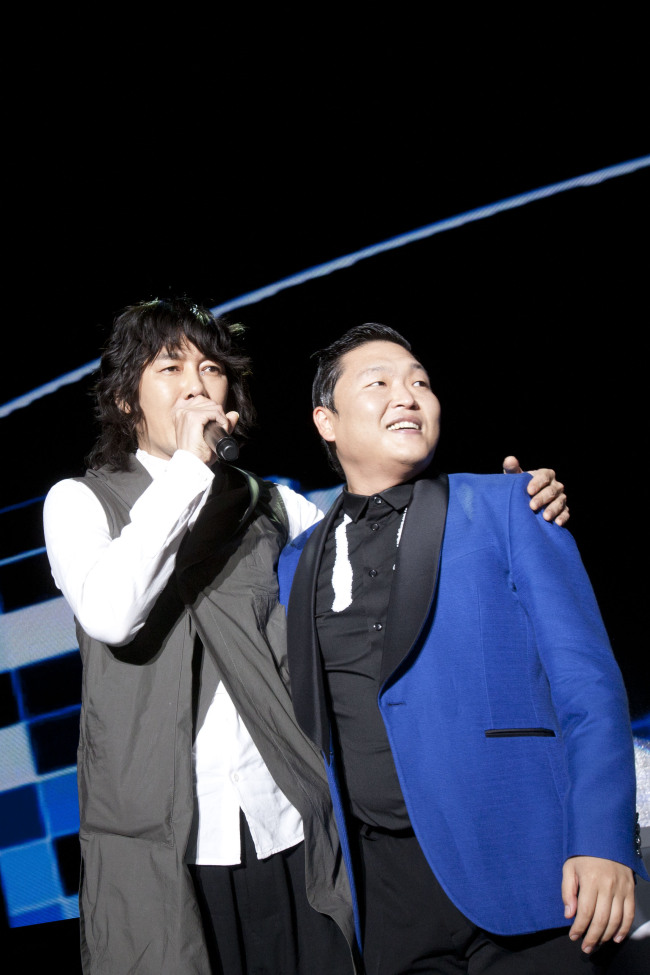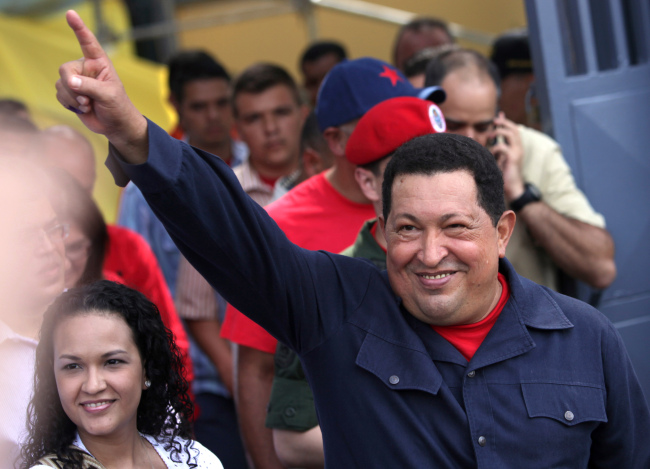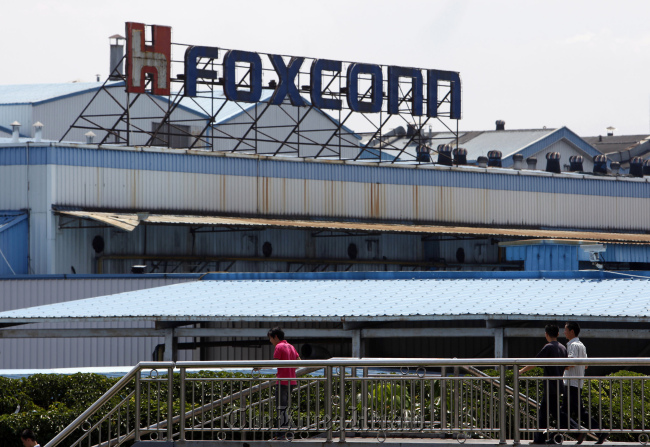BEIJING (AFP) ― U.N.-Arab League peace envoy Lakhdar Brahimi said Wednesday he hoped China would play an active role in helping end the violence in Syria as he met Chinese Foreign Minister Yang Jiechi for talks in Beijing.
Greeting Yang at the foreign ministry in front of reporters, Brahimi said he hoped “China can play an active role in solving the events in Syria” without elaborating further.
China is generally suspicious of intervention in the internal affairs of other nations, with state media last month accusing Western powers of hampering efforts to end the conflict.
Both China and Russia have exercised their veto in the U.N. Security Council to block resolutions aimed at putting more pressure on Syrian President Bashar al-Assad.
Meeting Brahimi on the sidelines of the U.N. General Assembly in New York last month, Yang reaffirmed this stance, saying that “political dialogue is the only correct way to tackle this issue.”
Any political transition must be led by the people of Syria and not imposed by outside forces, he said.
Brahimi, who succeeded former United Nations chief Kofi Annan after he quit over what he called a lack of international support, is due to present new proposals for resolving the conflict to the U.N. Security Council next month.
His two-day visit to China, which ends Wednesday, came after he met Russia’s foreign minister in Moscow and described the conflict, now in its 19th month after a failed four-day truce last week, as going from bad to worse.
Greeting Yang at the foreign ministry in front of reporters, Brahimi said he hoped “China can play an active role in solving the events in Syria” without elaborating further.
China is generally suspicious of intervention in the internal affairs of other nations, with state media last month accusing Western powers of hampering efforts to end the conflict.
Both China and Russia have exercised their veto in the U.N. Security Council to block resolutions aimed at putting more pressure on Syrian President Bashar al-Assad.
Meeting Brahimi on the sidelines of the U.N. General Assembly in New York last month, Yang reaffirmed this stance, saying that “political dialogue is the only correct way to tackle this issue.”
Any political transition must be led by the people of Syria and not imposed by outside forces, he said.
Brahimi, who succeeded former United Nations chief Kofi Annan after he quit over what he called a lack of international support, is due to present new proposals for resolving the conflict to the U.N. Security Council next month.
His two-day visit to China, which ends Wednesday, came after he met Russia’s foreign minister in Moscow and described the conflict, now in its 19th month after a failed four-day truce last week, as going from bad to worse.








